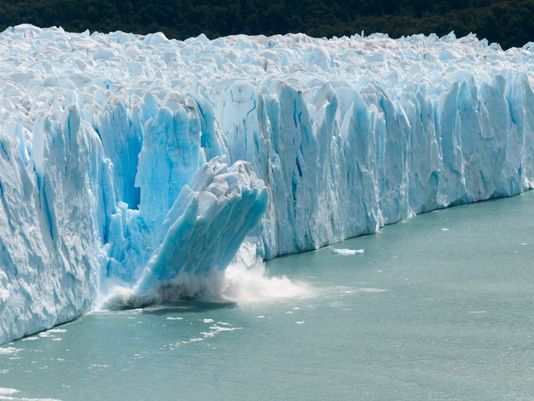
A massive report issued by the Trump administration on Friday emphasizes the dire threat that human-caused global warming poses to the United States and its citizens.
“Earth’s climate is now changing faster than at any point in the history of modern civilization, primarily as a result of human activities,” researchers say in the report, officially Volume II of the National Climate Assessment. (Volume I was released last year.)
The 1,600-page report details the climate and economic impacts U.S. residents will see if drastic action is not taken to address climate change.
“The impacts of global climate change are already being felt in the United States and are projected to intensify in the future,” the researchers say.
The last few years have smashed records for damaging weather in the United States, costing nearly $400 billion since 2015. In a worst-case scenario, the researchers say, climate change could deliver a 10 percent hit to the nation’s GDP by the end of the century.
Climate change threatens the health and well-being of the American people by causing increasing extreme weather, changes to air quality, the spread of new diseases by insects and pests and changes to the availability of food and water, the researchers say.
Report co-author Katharine Hayhoe of Texas Tech University said it shows the dangerous weather that scientists said will happen in the United States is already happening.
This is the fourth National Climate Assessment. It was mandated by Congress in the late 1980s and is prepared every four years by the nation’s top scientists from 13 agencies. It’s meant as a reference for the president, Congress and the public.
What makes the report different from previous versions is that it focuses on the United States, then goes more local and granular.
The report frequently contradicts President Donald Trump, who took to Twitter on Wednesday night to again express his doubts about climate change, using the especially cold Thanksgiving forecast as an example.
“Brutal and Extended Cold Blast could shatter ALL RECORDS – Whatever happened to Global Warming?” the president tweeted.
But weather isn’t climate, the researchers say. They say cold snaps can occur even as the planet warms overall.
“Over shorter timescales and smaller geographic regions, the influence of natural variability can be larger than the influence of human activity,” they write. “Over climate timescales of multiple decades, however, global temperature continues to steadily increase.”
Environmental groups quickly reacted to the report.
“Any remaining debate on the reality of climate change is over,” said Lou Leonard of the World Wildlife Fund. “The Bush, Obama and now Trump Administrations have all published reports showing the current and future impacts to the United States from climate change. Each report is increasingly dire.”
Report co-author Brenda Ekwurzel of the Union of Concerned Scientists said it “makes it clear that climate change is not some problem in the distant future. It’s happening right now in every part of the country.
“U.S. residents are now being forced to cope with dangerously high temperatures, rising seas, deadly wildfires, torrential rainfalls and devastating hurricanes,” she said. “The report concludes that these climate-related impacts will only get worse and their costs will mount dramatically if carbon emissions continue unabated.”
Nathaniel Keohane of the Environmental Defense Fund said “it is worth nothing that the report was released by an administration that has persistently ignored the warnings of scientists, economists, businesses and community leaders that corroborate the report’s findings.
”As long as government leaders sit on their hands, Americans will suffer for generations to come. The evidence is clear: the Trump administration is failing to protect the American people.”
The day-after-Thanksgiving release comes more than two weeks earlier than the original planned release at the American Geophysical Union annual conference in December, according to Climate Nexus.
(Photo: Durk Talsma, Getty Images)
